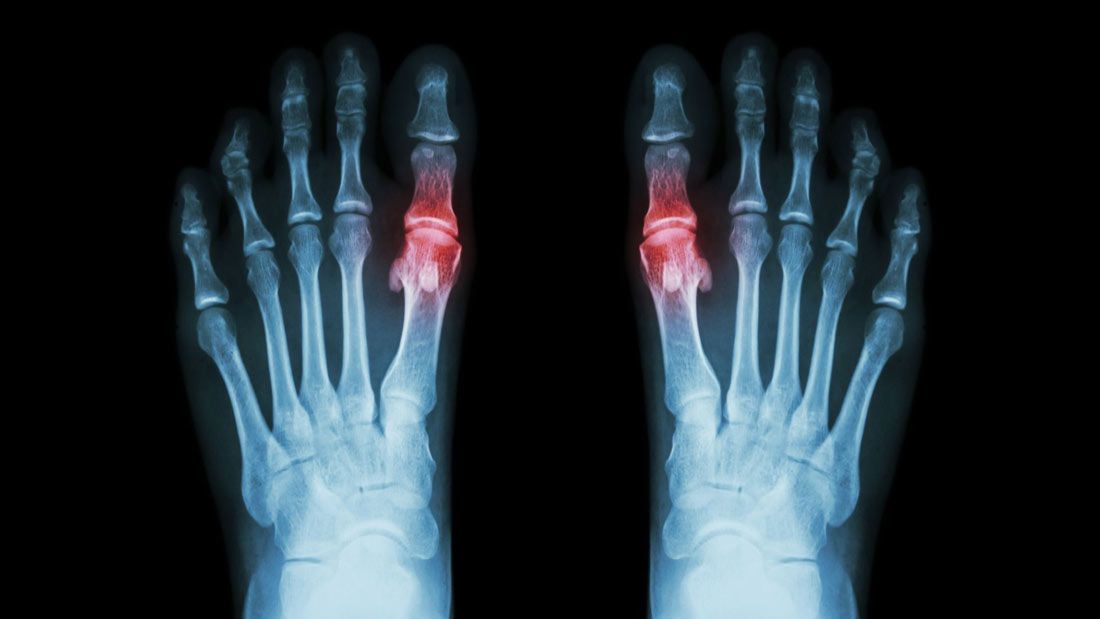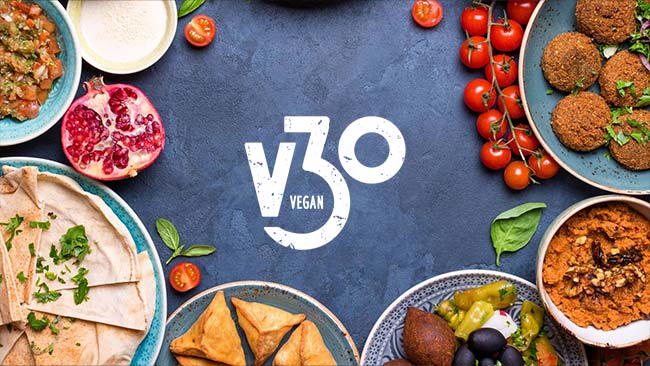Gout

Gout is a painful condition which affects the joints and it has characteristic flare-ups called gout attacks. It develops when uric acid crystals accumulate in the joints, causing chronic inflammation and irritation. During gout attacks, people experience intense joint pain and often also swelling and redness of the affected joints. Gout usually shows up in the big toe joints but can cause intense pain in other toe joints, ankles or knees too.
High levels of uric acid in the body have also been linked to kidney and heart disease – particularly sudden events, such as heart attack or stroke, heart failure and atrial fibrillation (irregular heartbeat) (Maloberti et al., 2021).
Your body produces uric acid when it breaks down purines — those are compounds found naturally in your body but also in many foods. The richest sources of purines by far are red meat and organ meats, such as liver or kidneys, and also anchovies, sardines, trout, tuna, mussels and scallops. Alcohol and drinks sweetened with fructose also contribute to higher levels of uric acid.
Gout has been known for millenia and usually only affected rich people who had diets high in animal foods and alcohol. Nowadays, however, it’s more and more common as people eat meat and fish on a daily basis. As one review neatly summarised, seafood, red meat, alcohol and fructose increase the risk, while soya and other pulses (peas, beans, lentils) and coffee lower the risk (Li et al., 2018). This highlighths that there’s no need to avoid pulses as was once recommended because of their purine content – they contain much less than meat, fish or shellfish and also offer a wide range of healthful nutrients.
A comprehensive review study focused on plant-based diets, uric acid and the risk of gout (Jakše et al., 2019). According to the results, plant-based diets do not put you at risk of gout even if you consume purine-containing pulses and vegetables or mock-meat products – they simply aren’t as high in purines as meat and fish. In fact, the study authors concluded that plant-based diets help to prevent gout and maintain healthy uric acid levels.
Going fish-free is not just a healthy choice, it’s also an ethical and sustainable one. If you’re used to meals based around fish and other animal products, the idea of a plant-based diet may be daunting but we’re here to help make it super easy!
Sign up to our daily emails for a week to receive mouth-watering meal plans, nutritional advice and health information.
If you want to try it for a month, sign up to 30 days of delicious vegan recipes, tips and product info… all free!
All about fish
Find all the above and more in Viva!’s resources on fish:
Delve deep into the science beyond health claims and fish in The Fish Report.
Find out more about fish, fish oil and omega-3s in the Fish-free for Life guide.
Or see the summary in this handy Fishing for Facts factsheet.






